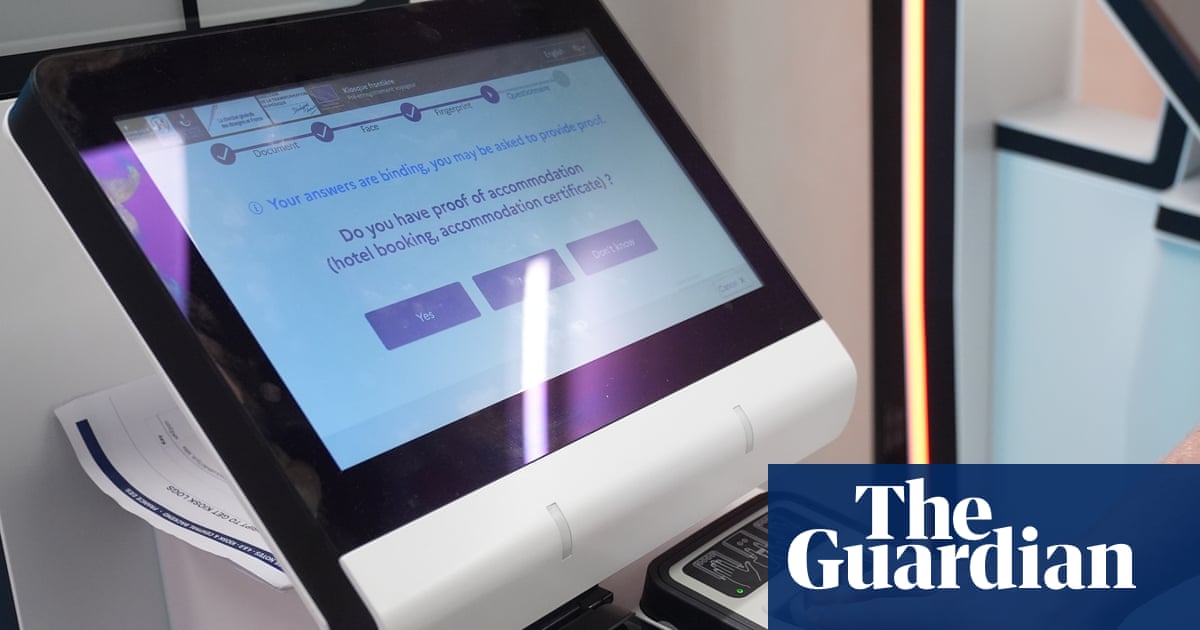
"The European Union is preparing to dispense with passport stamps in favour of a new digital border management system. Australians and citizens of other non-EU countries travelling to Europe from Sunday 12 October may encounter the new biometric entry/exit system (EES) and, while it might create delays at the start, it should eventually offer a streamlined process. Here's what travellers need to know."
"Non-European citizens travelling to the Schengen area 29 countries, many of which are located inside the EU, plus Switzerland, Norway, Lichtenstein and Iceland will soon enter using the new system. Ireland and Cyprus will continue with manual processing of passports for incoming passengers. The UK is not part of the Schengen area. Instead of using stamps, countries in the zone will log travellers' faces, fingerprints, and entry and exit dates."
"The EES will gradually replace passport stamps with a digital system that records when travellers enter and exit, making border checks faster and helping staff to work more efficiently, the EU's official website says. This is also aimed at preventing irregular migration and giving border enforcement more access to travellers' information, which the countries say will decrease security risks. Anyone without a EU passport travelling to the Schengen area countries for a short period will use the EES, which is free."
The European Union will replace passport stamps with a biometric entry/exit system (EES) for non-EU travellers entering the Schengen zone from 12 October. The EES logs faces, fingerprints, and entry and exit dates to speed border checks, improve efficiency, and reduce irregular migration and security risks. Twenty-nine Schengen countries plus Switzerland, Norway, Lichtenstein and Iceland will use the EES; Ireland and Cyprus will keep manual passport processing, and the UK remains outside Schengen. Short stays are up to 90 days within any 180-day period and the EES is free. Records include answers to Schengen border code questions and are retained for three years, with fingerprints or photographs used for re-entry during that time.
Read at www.theguardian.com
Unable to calculate read time
Collection
[
|
...
]